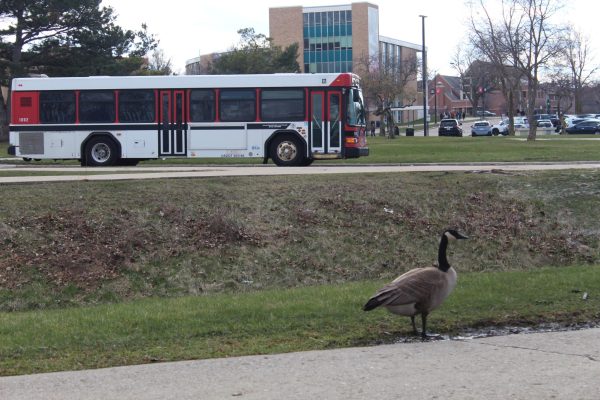Classes unaffected by wide-scale retirements
July 2, 2012
The increased retirement rate at NIU may not be a cause of concern for students needing courses for their major or minor.
Paul Palian, director of media and public relations, said while NIU has seen an increase in retirements this year, he is not aware of any classes being cancelled due to those retirements.
“I think it would be unlikely that a required course would not be offered because of a shortage of professors,” said Alan Rosenbaum, psychology professor, in an email. “There is almost always money to hire adjuncts if a department has personnel needs.”
Rosenbaum said department chairs and deans are usually able to make arrangements so students are not disadvantaged.
Ray Alden, executive vice president and provost, said many of NIU’s colleges have actively planned for increased retirements and have strategies in place to deal with them. Fortunately, the recently-enacted restriction on re-hiring retirees does not take effect until 2013, he said.
“So some recently retired emeritus faculty could be asked to come back to teach a course or two in a department impacted by retirements,” Alden said.
There are three times as many retirements as usual, said Steven Cunningham, vice president of human resources and compliance.
Cunningham said retirements have increased due to uncertainty in pension reform and healthcare among faculty and staff eligible for benefits. Many of them have been employed since the 1970s and 1980s and must decide whether to stay and risk their benefits or retire now. Retirements have also increased because of career mobility, with faculty and staff being offered jobs in other states or in the private sector, he said.
Other state universities have had increased retirements as well.
At the University of Illinois at Urbana-Champaign, retirements have gone up 46 percent, according to an article by Illinois Public Media. The article stated a survey conducted by the State University Retirement System (SURS) found the Money Purchase factor and fears of pension reform were the first and third most common reasons given by members who were considering retirement. The money purchase formula determines how much money employees in the SURS receive, the article stated.












